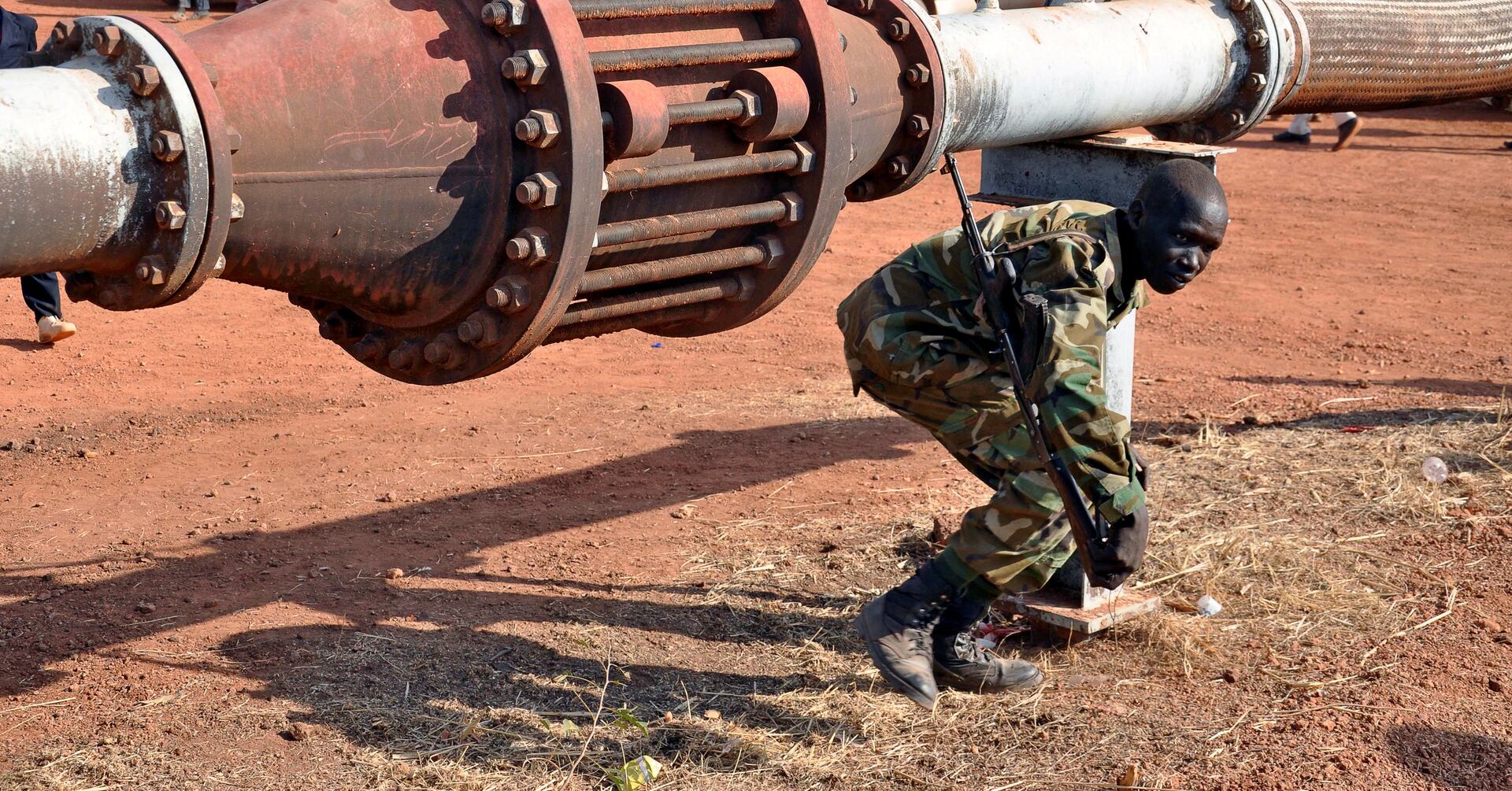Oil & Gas
SOUTH SUDAN'S OIL IS IN TROUBLE AND CONTROVERSY OVER AN EMIRATI DEAL FOR $13 BILLION.
Irene Jerry

Oil production in South Sudan dropped to 60,000 barrels per day in April, a decline from 70,000 barrels per day in March and significantly lower than the 150,000 barrels per day recorded in February. This decrease is attributed to the ongoing civil war in neighboring Sudan, which has disrupted production and exports, threatening South Sudan's oil-dependent economy.
South Sudan relies on Sudanese export terminals for its oil, but the pipelines have been damaged and sabotaged due to the conflict between armed forces and the Rapid Support Forces (RSF). Despite a deal with the UAE to purchase South Sudanese oil, uncertainties surrounding government changes and implementation delays have hindered its impact on the economy.
The deal, valued at $12-13 billion, involves a cash loan to South Sudan in exchange for oil repayment. However, details remain unclear, and the first payment of $5 billion has not been announced. The deal's long-term nature, potentially lasting 20 years, has raised questions about its feasibility, especially given the current challenges in production and export infrastructure.
The decline in production and exports has put significant pressure on South Sudan, with current levels at only one-sixth of the peak production in 2011. The country, which has the third-largest oil reserves in Africa, is struggling to maintain its economy and provide foreign liquidity, as it relies heavily on oil revenues.
Efforts to repair the damaged pipeline and resume exports are underway, but challenges remain. The economic crisis, compounded by the civil war and declining oil revenues, has further strained the country. Elections are scheduled for this year, adding to the critical timing of resolving these issues.
Additionally, Malaysia's Petronas has exited South Sudan, selling its exploration assets for $1.2 billion, further impacting the country's oil sector.
